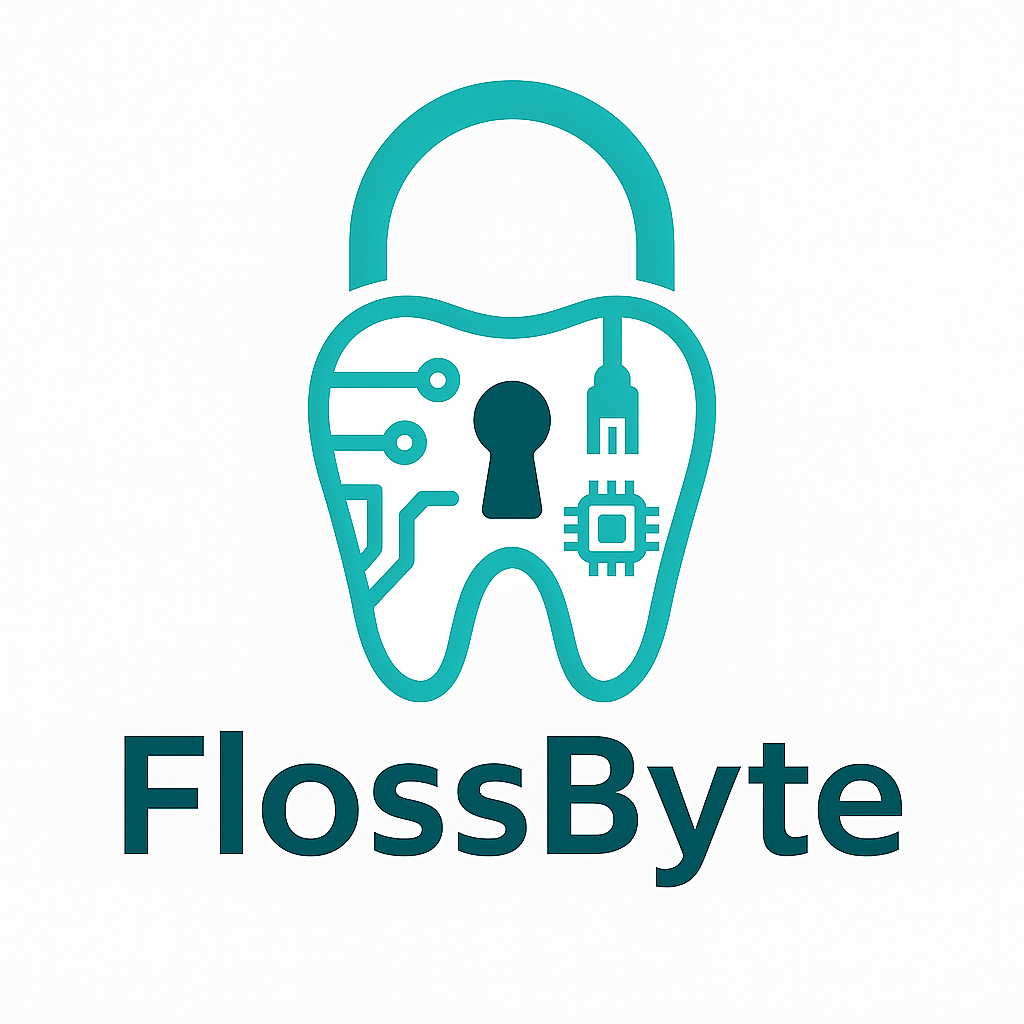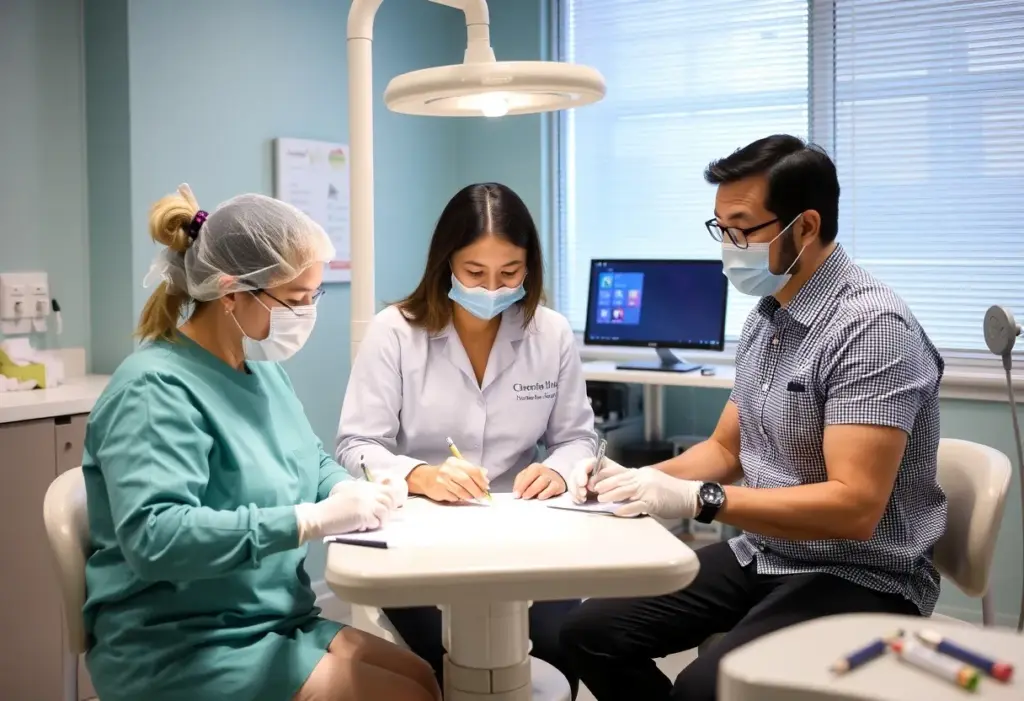HIPAA compliance for dental practices is more important than ever. As a dental clinic, you manage sensitive patient data daily — from x-rays and treatment plans to billing records and appointment reminders. All of this is protected under HIPAA, and staying compliant helps you avoid costly fines, legal issues, and patient mistrust.
So, what does compliance look like for your practice in 2025? Let’s break it down.
What HIPAA Compliance Means for Dental Clinics
To begin with, HIPAA (Health Insurance Portability and Accountability Act) protects any individually identifiable health information — whether it’s written, spoken, or stored digitally.
For example, this includes:
-
Treatment records
-
X-rays and scans
-
Appointment confirmations
-
Insurance and billing data
-
Voicemails referencing patient care
In short, if the information can identify a patient, it must be protected under HIPAA.
Why Secure Communication Is Key to HIPAA Compliance
Next, think about how your team communicates. Whether you’re emailing referrals or texting appointment reminders, you must use HIPAA-compliant platforms.
To ensure security:
-
Use encrypted email systems
-
Avoid using personal email or standard texting apps
-
Choose HIPAA-ready tools like Google Workspace for Healthcare or Microsoft 365 with HIPAA configurations
For official guidance, visit the HHS HIPAA Privacy Rule Overview.
Training Your Dental Team on HIPAA Protocols
Moreover, your staff is on the front lines of data protection. Without proper training, even the best systems can fail.
Therefore, make sure your team understands:
-
How to handle PHI securely
-
How to identify phishing emails and scams
-
What to do in the event of a data breach
Additionally, document all training sessions to show proof of compliance if audited.
HIPAA-Compliant Backup Solutions for Dental Practices
Imagine your clinic gets hit with a ransomware attack. What’s your plan?
To stay compliant:
-
Set up encrypted, cloud-based backups
-
Schedule automatic daily backups
-
Have a disaster recovery plan in place
At FlossByte, we help clinics implement HIPAA-compliant backup strategies that protect against data loss and minimize downtime.
How to Conduct a HIPAA Risk Assessment
One of the most overlooked requirements is the Security Risk Assessment (SRA). Yet, it’s a critical part of HIPAA compliance.
An SRA helps:
-
Identify software or system vulnerabilities
-
Review who has access to sensitive data
-
Evaluate your physical and cybersecurity policies
You can get started using the official HIPAA Security Risk Assessment Tool.
Choosing the Right HIPAA-Compliant IT Provider
Even if your internal systems are solid, your IT partner must also follow HIPAA guidelines.
To ensure compliance, make sure your IT provider:
-
Signs a Business Associate Agreement (BAA)
-
Provides audit logs and secure access control
-
Uses HIPAA-compliant infrastructure
At FlossByte, we specialize in dental IT support and serve clinics across the Bay Area with full compliance in mind. Explore our services.
Why HIPAA Compliance for Dental Practices Matters
Non-compliance doesn’t just mean a warning — it can cost your practice up to $50,000 per violation, not to mention the damage to your reputation and patient trust.
However, when you commit to HIPAA best practices, you create a more secure, efficient, and trustworthy clinic — one that patients will appreciate and rely on.
Need HIPAA-Compliant Dental IT Support?
📞 Call FlossByte: (669) 237-2264
🌐 Visit: https://flossbyte.com
📍 Proudly serving San Jose, Fremont, Santa Clara, Sunnyvale, and dental clinics across the Bay Area.


